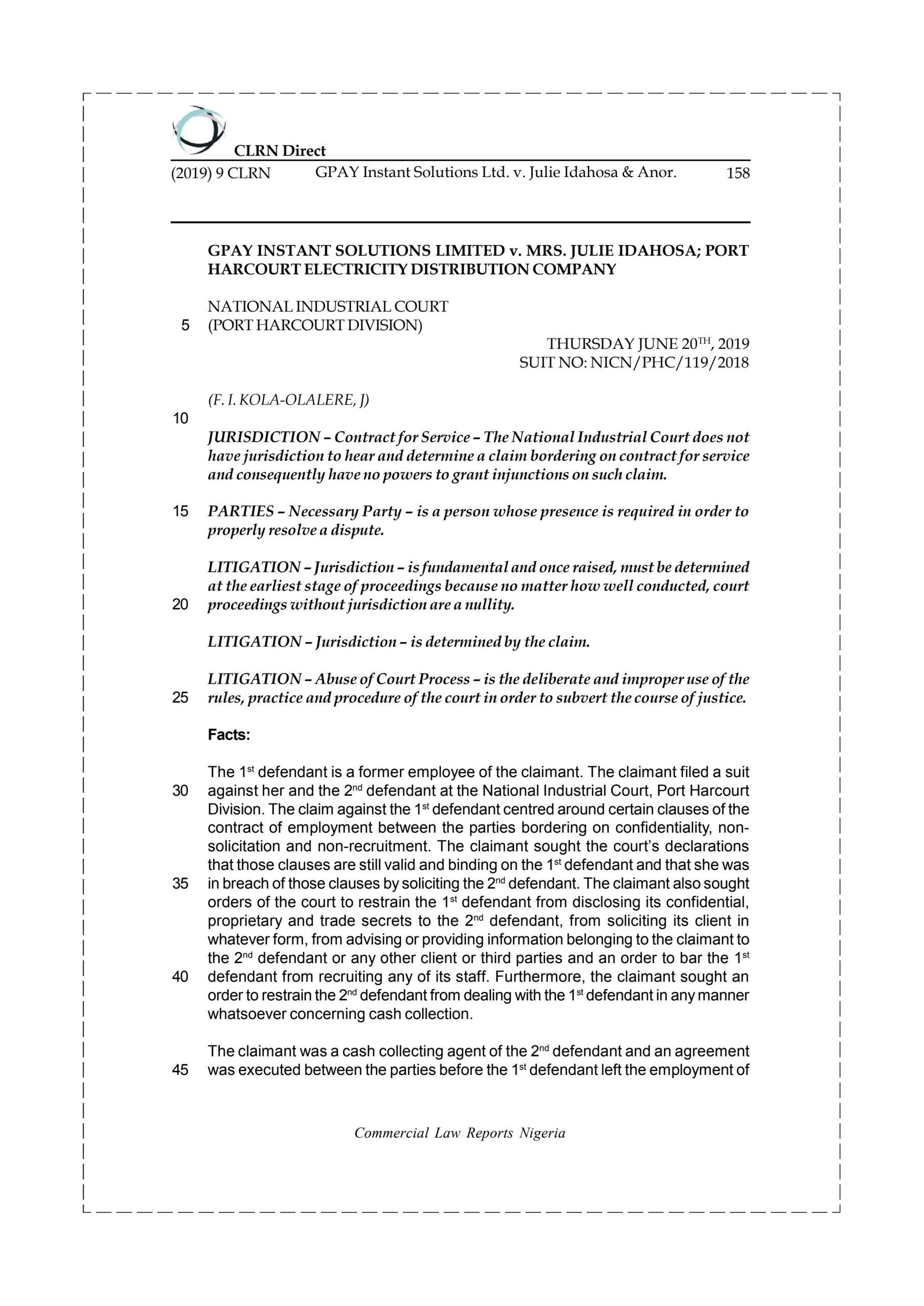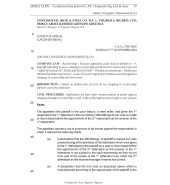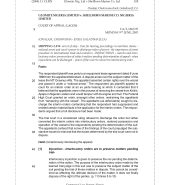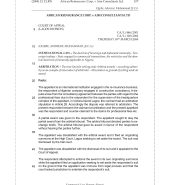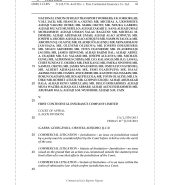-

Godwin Iweha v. Ebice Company Limited
- kg
1 × ₦300
GPAY Instant Solutions Ltd. v. Julie Idahosa & Anor.
₦300
In Stock
Facts:
The 1st defendant is a former employee of the claimant. The claimant filed a suit against her and the 2nd defendant at the National Industrial Court, Port Harcourt Division. The claim against the 1st defendant centred around certain clauses of the contract of employment between the parties bordering on confidentiality, non-solicitation and non-recruitment. The claimant sought the court’s declarations that those clauses are still valid and binding on the 1st defendant and that she was in breach of those clauses by soliciting the 2nd defendant. The claimant also sought orders of the court to restrain the 1st defendant from disclosing its confidential, proprietary and trade secrets to the 2nd defendant, from soliciting its client in whatever form, from advising or providing information belonging to the claimant to the 2nd defendant or any other client or third parties and an order to bar the 1st defendant from recruiting any of its staff. Furthermore, the claimant sought an order to restrain the 2nd defendant from dealing with the 1st defendant in any manner whatsoever concerning cash collection.
The claimant was a cash collecting agent of the 2nd defendant and an agreement was executed between the parties before the 1st defendant left the employment of the claimant. Part of the reliefs sought against the 2nd defendant is that it should not engage with the 1st defendant in any business relating to cash collection. The 1st defendant entered appearance and filed her defence. The 2nd defendant also filed its defence and a preliminary objection. The issues raised in the objection border on jurisdiction and an allegation of abuse of court process. On the issue of jurisdiction, the 2nd defendant argued that the court lacks jurisdiction to adjudicate between the claimant and the 2nd defendant on the ground that the issue involving the parties is one of contract for service in which the 2nd defendant contracted the claimant for cash collection and that its joinder in the suit was an abuse of court process. The claimant filed a counter affidavit.
After hearing the parties on the application, the court ruled in favour of the 2nd defendant holding that it was not a necessary party in the suit.
